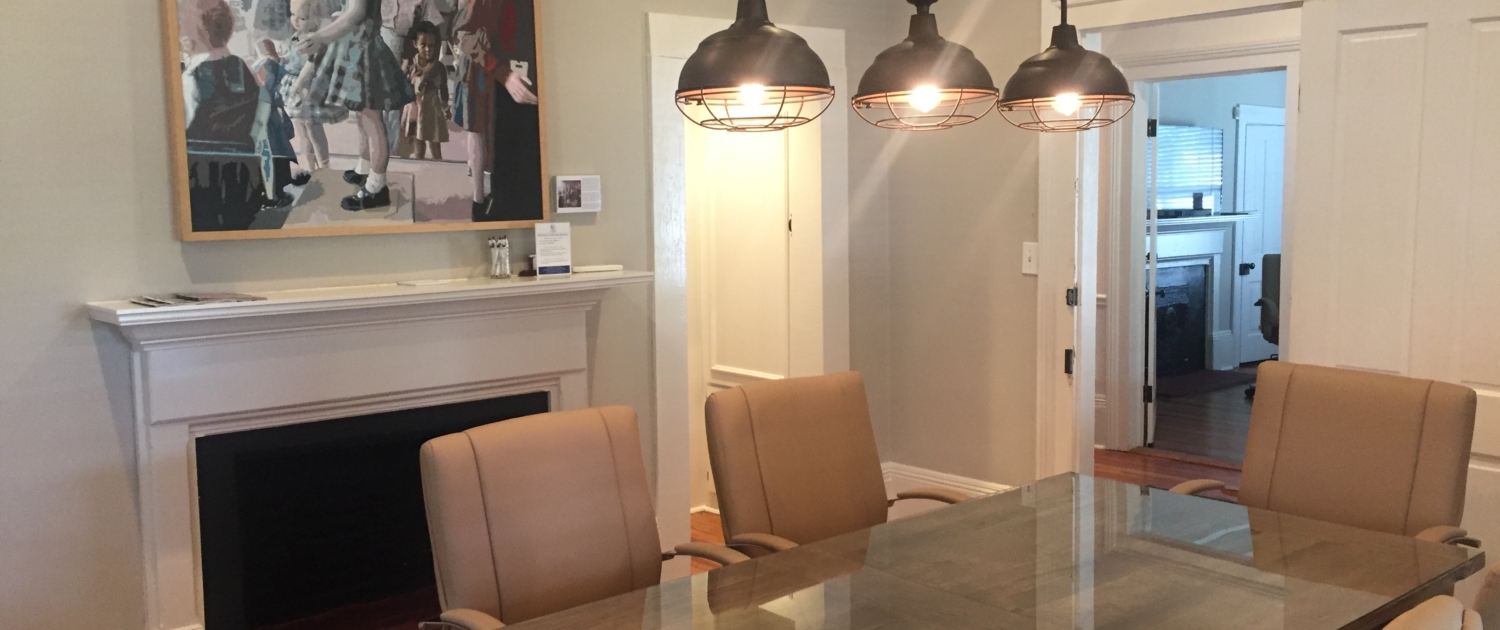Finding The Middle Ground
ADR Georgia, LLC was established in 2009 and is the premier mediation company servicing all counties north of Atlanta and outside the perimeter. It has been regularly engaged in mediation of disputes ranging from association disagreements to EEOC complaints, torts, family law, complex litigation matters. Our mediators are all certified and trained, and registered with the Georgia Supreme Court Office of Dispute Resolution. We are unique in that not all of our mediators are lawyers or judges, although some have those distinctions. We believe that a well-trained mediator can bring the parties together on even the most difficult issues and find middle ground.
Do you really want a judge or jury of 12 strangers deciding your fate in a legal dispute? ADR Georgia is devoted to the art of cost-effective dispute resolution. The cost of litigation in today’s economy, in some cases, leaves the parties worse off than when they started. Middle ground is always better than no ground!




